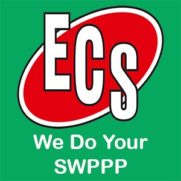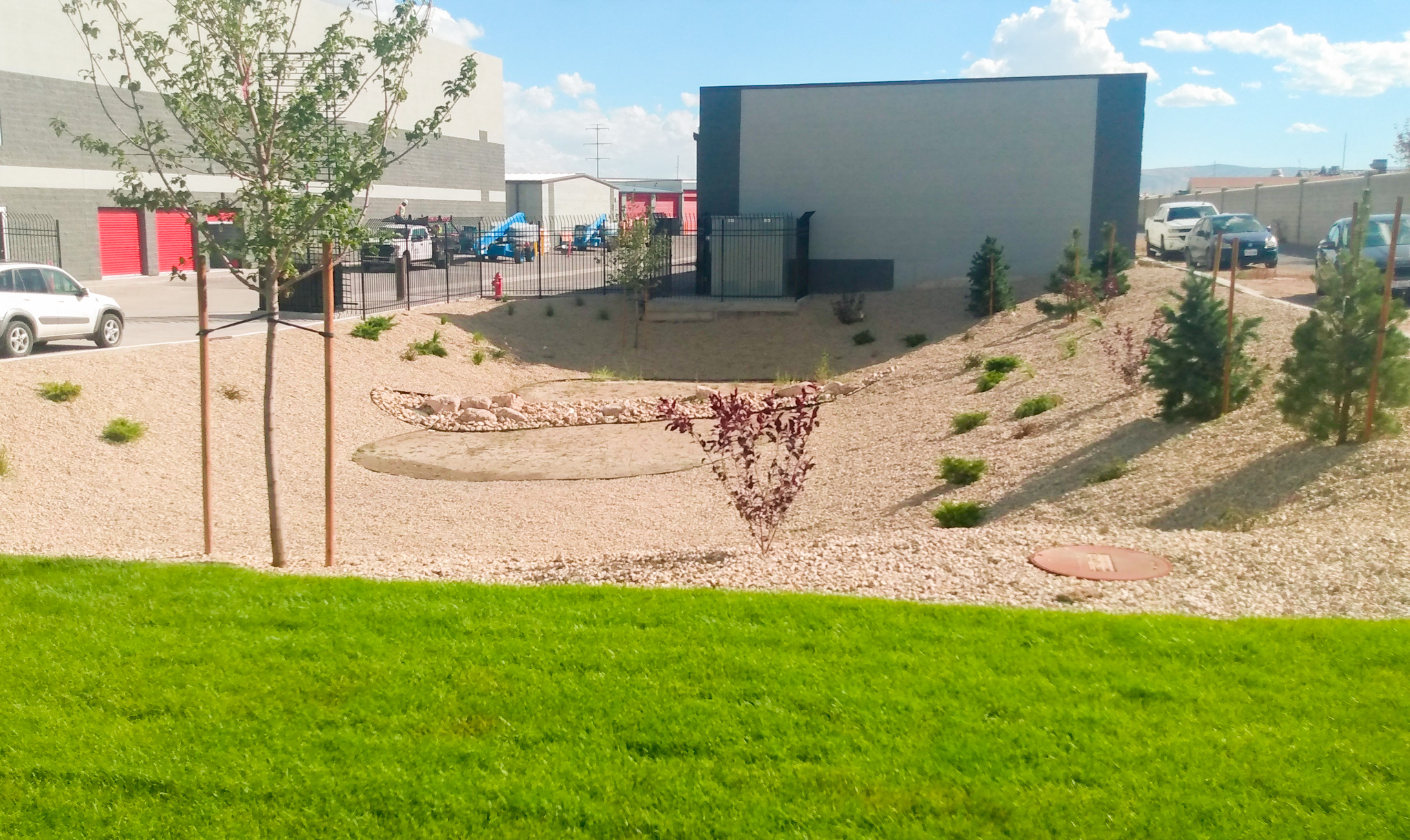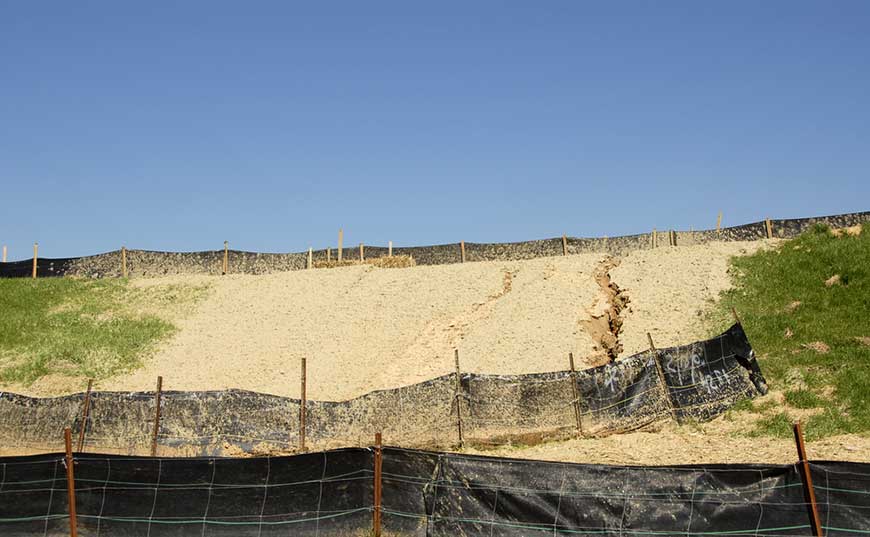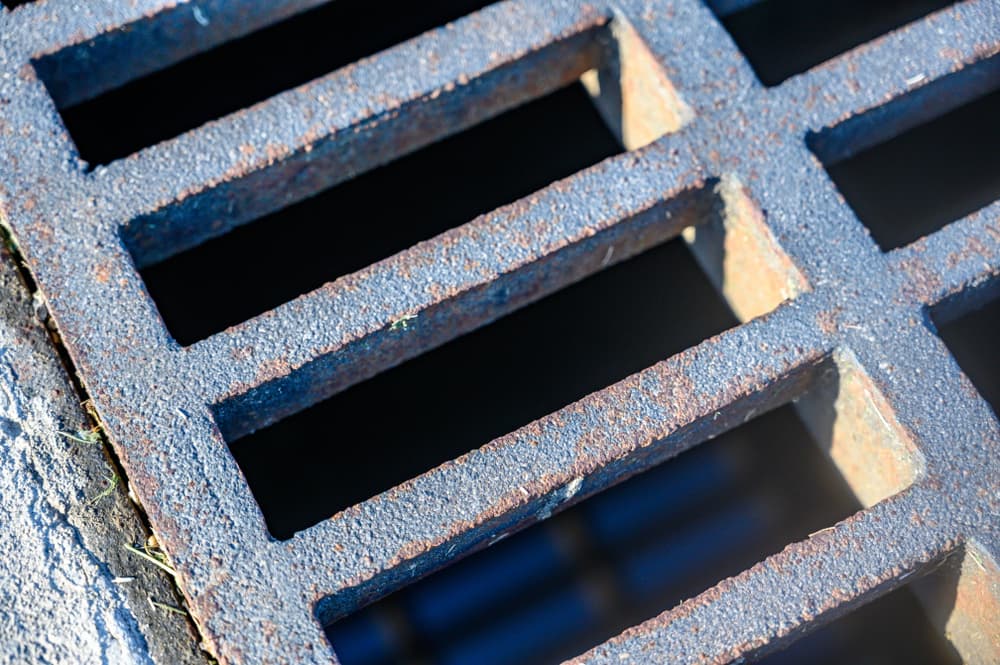Following SWPPP rules when working on construction and development projects in Utah is important. These rules and regulations can be convoluted and confusing, and they can sometimes change with little warning. At Erosion Control Services, it’s our job to stay on top of the rules, any changes and how they can affect our clients. Today, we want to talk specifically about a change relating to construction general permits and discharging into impaired or high-quality water.
Stormwater Management in Utah
As a developer or builder, you may already be familiar with stormwater management rules in Utah. You may know that when you are working in what the state deems a high-risk area, you are required to inspect any municipal separate storm sewer systems into which substances from your project could discharge. Previously, permit holders were mandated to perform these inspections every two weeks and whenever it rained, but now they must be done every week and whenever it rains.
One of Erosion Control Services’ main functions is to perform these inspections on behalf of our clients. Performing inspections correctly and on time is crucial, because if mistakes are made, the state may fine the builder or developer it deems responsible for the polluting event.
The Cost of SWPPP Compliance
The new rules double the base number of inspections that must be done. This undoubtedly will impact the cost of building in Utah in high-risk areas. However, Erosion Control Services wants our clients to know that even though the number of inspections is doubling, our price is not doubling. Instead, we are increasing prices for standard inspections in high-risk areas only 50% at this time, with additional charges for rain events.
A qualifying rain event, as defined by the state, is rainfall that amounts to at least 0.5 inches, or snowmelt that equals this amount. In the instances of these types of rainfalls, inspections must be done within 24 hours. Luckily, in our climate in Utah, these types of rain events are uncommon and thus do not contribute significantly to the cost of construction projects. However, SWPPP rules mandate that you keep a rain gauge onsite so that you are able to accurately measure the rain and have the necessary inspections performed.
Reliable SWPPP Inspections
Here at Erosion Control Services, we have experts who have been working alongside the Environmental Protection Agency for many years. We use our bank of knowledge and dedication to our duties to help our clients in Utah. If you have any questions about SWPPP rules or changes to SWPPP rules, our team would be happy to help answer them.
We provide services and advice pertaining to SWPPP inspections, erosion control, hydroseeding, silt fences and stormwater management in Utah.



